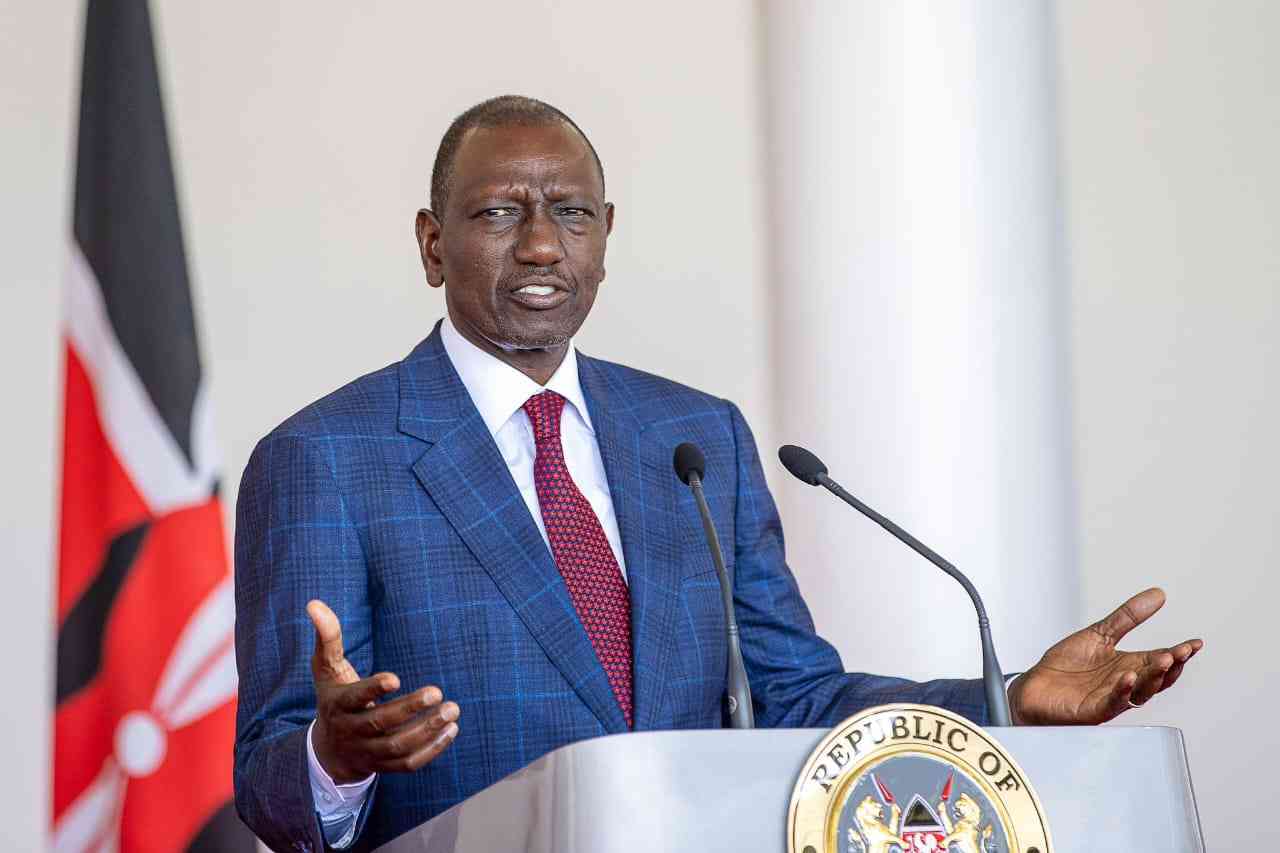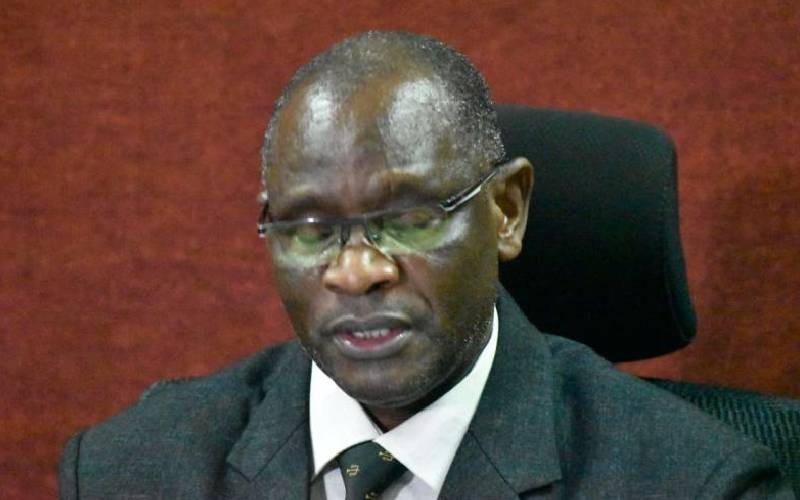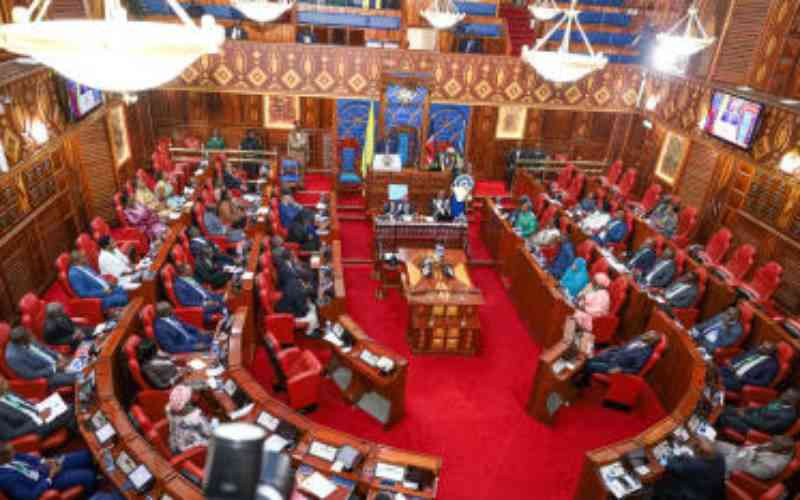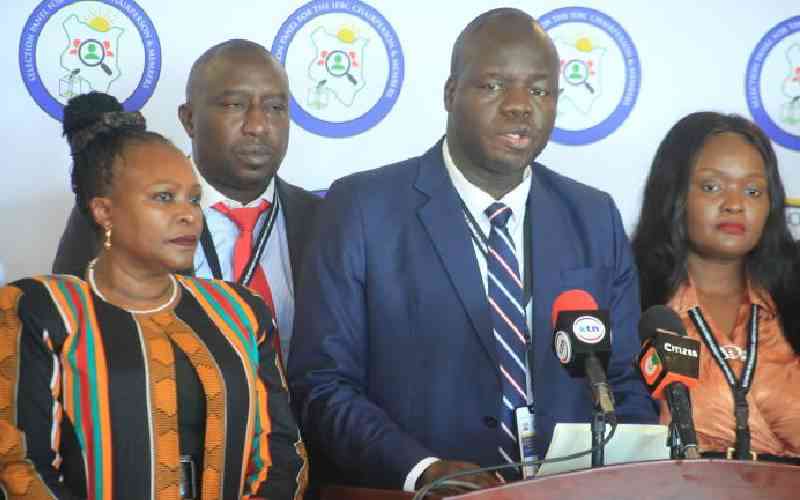
Interior CS Kipchumba Murkomen during an interview. [File, Standard]
Interior Cabinet Secretary Kipchumba Murkomen has gazetted Monday, March 31, as a public holiday to mark Idd-ul-Fitr.
“It is notified for the general information of the public that, in exercise of the powers conferred by section 2 (1) of the Public Holiday Act the Cabinet Secretary for Interior and National Administration declares that Monday, March 31, 2025 shall be a public holiday.”
What is Idd-ul-Fitr?
Idd-ul-Fitr is an Islamic festival marking the end of Ramadan, the month of fasting. It is celebrated with prayers, community gatherings, and feasting.
Also known as the "festival of breaking the fast," Idd-ul-Fitr signifies the conclusion of Ramadan, during which Muslims abstain from food and drink between dawn and sunset.
It is one of the five pillars of Islam, and Idd-ul-Fitr holds deep significance as a celebration of a month dedicated to fasting, prayer, self-reflection, and charity.
The holiday is a time for families and friends to come together, share meals, exchange gifts, and wear new clothes.
On the morning of Idd, Muslims around the world gather for a special congregational prayer. In Kenya, the day is marked by prayers at designated venues, followed by celebrations.
Idd-ul-Fitr falls on the first three days of Shawwal, the tenth month of the Islamic calendar, and begins with the sighting of the new moon.
In Kenya, Muslims take a day off work and school to celebrate, while in some Muslim-majority countries, the festivities last for three days.
Since the Islamic calendar is lunar, the Gregorian date of Idd shifts each year, occurring about eleven days earlier than the previous year.
Muslims also observe Eid al-Adha, a separate festival commemorating Prophet Ibrahim’s willingness to sacrifice his son in obedience to God’s command.
 The Standard Group Plc is a multi-media organization with investments in media platforms spanning newspaper print
operations, television, radio broadcasting, digital and online services. The Standard Group is recognized as a
leading multi-media house in Kenya with a key influence in matters of national and international interest.
The Standard Group Plc is a multi-media organization with investments in media platforms spanning newspaper print
operations, television, radio broadcasting, digital and online services. The Standard Group is recognized as a
leading multi-media house in Kenya with a key influence in matters of national and international interest.











